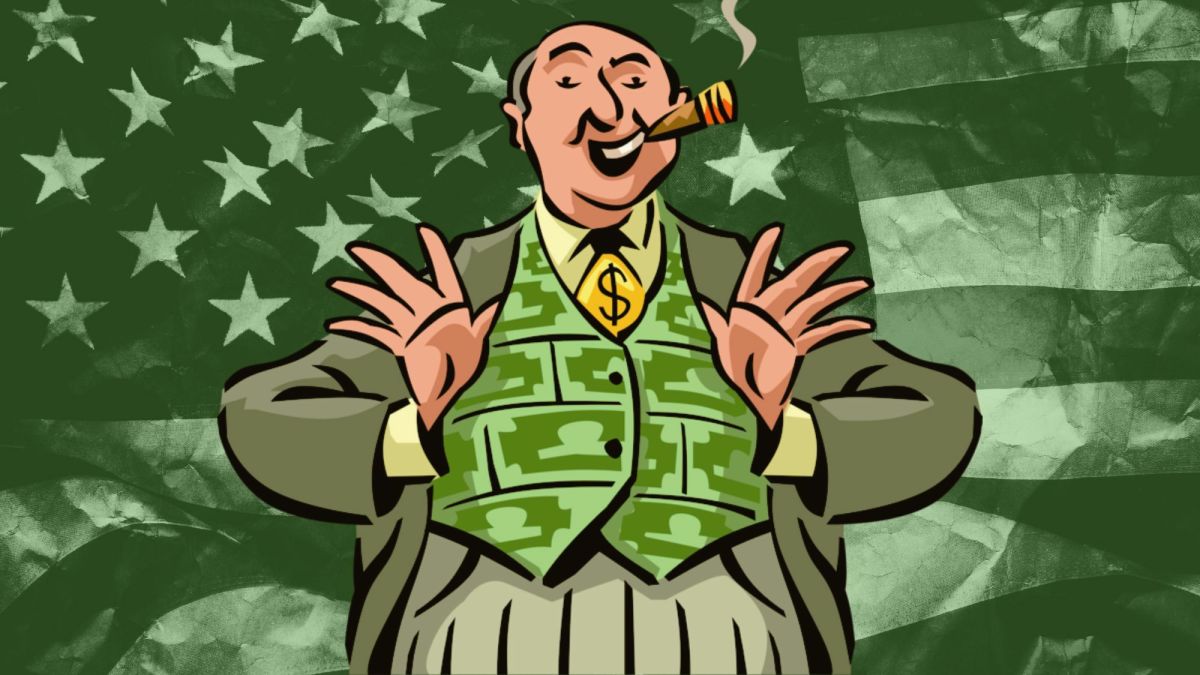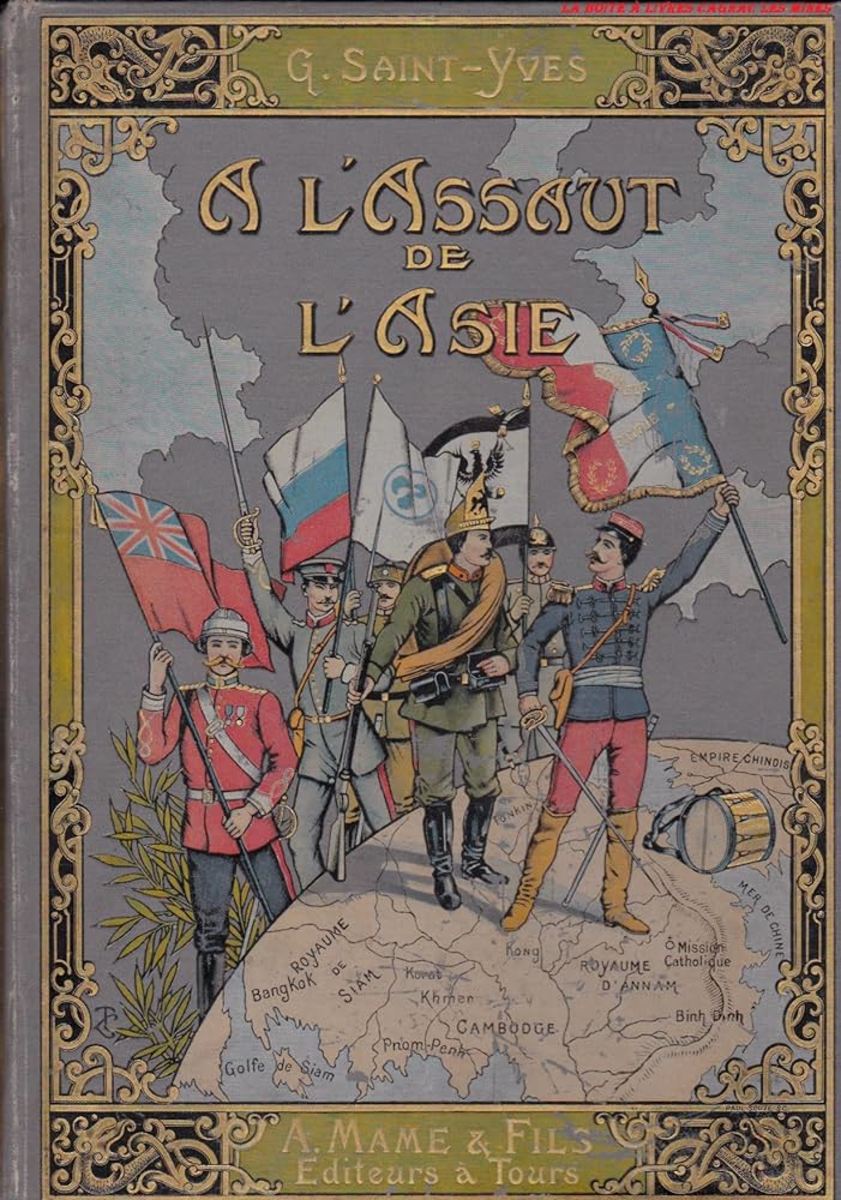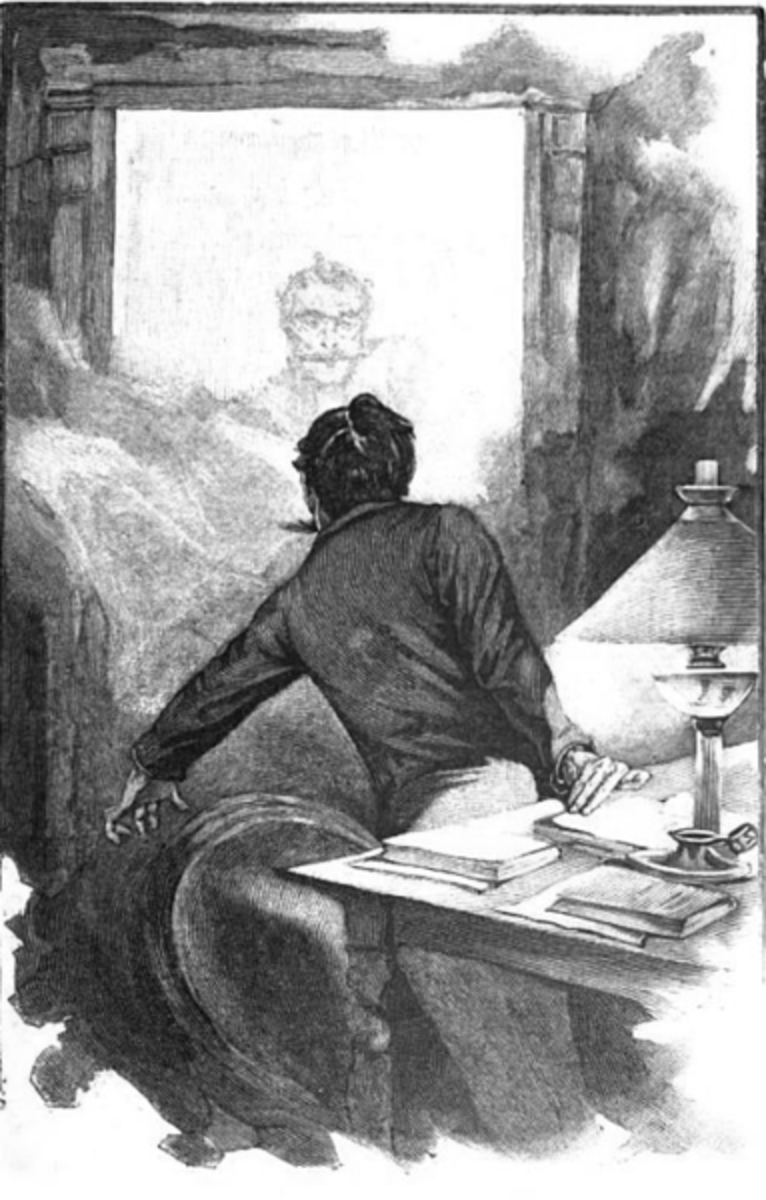The Pocket History of England - Part 2
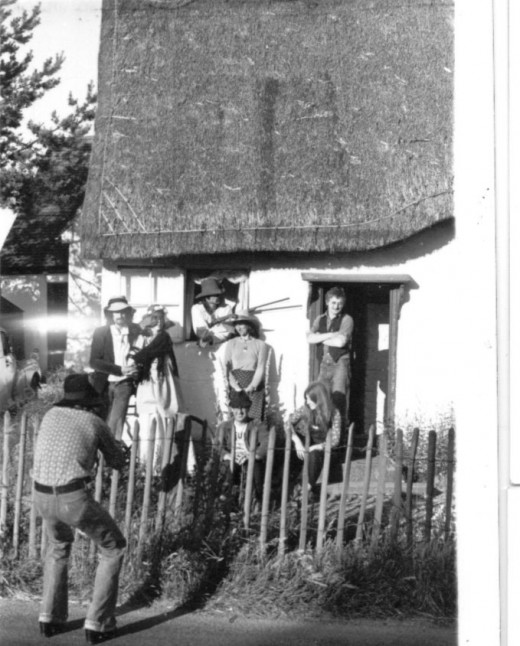
Part 2 of 6
The Pocket History of England Part 2
Over the generations, the Peasant Mobilisation continued. Their Combinations, now becoming known as Trade Unions, began to be accepted by the Robber Barons, their Lackeys, and the Parliaments they tended to dominate.
There are any number of complicated explanations as to why these Unions eventually became acceptable. Some would have it that the Peasants had become an irresistible force which would have toppled the new industrial system had not concessions been made. Some would have it that the Barons and Lackeys themselves relented and allowed these organisations to proliferate because they could see, in them, a new potential for far more effective manipulation of the Peasants. Some would have it that the emergence in force of a new character, the Merchant, brought on, in their own interests, social changes which made the acceptance of Trade Unions seem virtually insignificant.
It seems likely that all these explanations, and others, were at least partially correct and contributed in their own way to the legitimisation of Peasant organisation. But at this point it is important to recognise the way in which the emerging Merchants began to carry their own struggle.
Merchants were people who, in the midst of the new industrialisation, the new urban stress, perceived ways of escaping the direct rule of the Robber Barons on one hand, and the inexorable slide into Peasant poverty and exploitation on the other.
What they perceived was that, in separating the Peasants from the land the Robber Barons had effectively separated the people who were doing all the work from the further responsibility of distributing the produce of the work.
This is an important point and needs clarification.
When the Robber Barons had their Peasants on the land, the Peasants tilled the soil, herded the livestock, developed the crafts, and generally got on with things. All the Barons had to do, aside from occasionally flogging or killing Peasants, was to sit back and let their "share" of the produce flow into their castles. The Peasants not only produced everything, they even brought it all to the very tables of the Barons. Not only that, the Peasants also fed and maintained themselves out of their own meagre portions of what they produced.
So, when the Barons kicked the Peasants off the land and into the factories, certain administrative problems arose. The Peasants could no longer feed and maintain themselves out of their own produce; nor could they bring produce to the tables of the Barons. This was because they no longer lived right there on the land supposedly belonging to the Barons. They couldn't grow potatoes and carrots and bring the best part of it to the Barons by way of "rent" because they weren't there any more. Instead, they were crowded into the filthy cities and showing up at the Factories where they would do their work at assembly lines and then go away again. Their lives weren't inextricably wrapped up in their work anymore the way it used to be when they were on the land. They were separated from the produce. The manufactured goods would come out at the end of the assembly line, often never even seen by the Peasants doing the work.
The Barons and their Lackeys began to realise that the good old days of letting the Peasants do everything had gone. The Peasants weren't distributing the goods because they were no longer so completely immersed in the whole process of producing. They were just showing up for their daily shifts, being paid their pittances, and going away again. They weren't even able to bring any of the produce home because, a) you can't eat steel or wool and food was all they could afford, and b) they were only handling the Machinery; they rarely even touched the finished product.
So, because the Peasants were no longer able to feed and maintain themselves in the course of their regular work, and were also unable to bring produce to the tables of the Barons, a whole new system of distribution had to be set up.
This is where the Merchants came in. The Merchants were, for the most part, Lackeys with delusions of independence and non-synthetic self esteem, but were also, later on, Peasants with specialised crafts and skills and delusions of betterment. What they saw was a whole area of administration over which the Barons could not possibly exercise complete control. So what they did was offer to undertake this task of distribution but on the basis of taking a share of the produce for themselves. Thus was born the middle-man. And thus was born the large scale introduction of "credit" and "common currency".
The Merchants soon discovered that the "value" of any given thing is not necessarily related to what it might have cost to produce. In a "Free Market Economy", the "value" of a thing is whatever you can squeeze people, especially Peasants, into paying. On this basis, many of the Merchants became extremely wealthy and, thereby, extremely powerful. The most ruthless of them began, in some ways, even to rival the power of the Robber Barons themselves.
While all this was taking place, the bulk of the Peasants were still plodding on with their Trade Unions. Through a series of long, drawn out meetings and campaigns, failures and successes, they began finally to emerge with the rudiments of a national organisation. This took the form of a Trade Union Congress and, later, a Labour Representative Committee which developed, gradually, into a new parliamentary presence, the Labour Party.
Unfortunately, human communication being what it is, there began to emerge a discrepancy between those wielding economic power in the form of large sums of credit or currency, (ie The Barons, Lackeys, and Merchants) and those wielding, or trying to wield, social power in the form of support from memberships. (ie The Representatives - a new character.)
The thing about economic power is that it is very, very easy to wield (money doesn't ask questions). And the thing about social power is that, done properly, it is very very difficult to wield (members do ask questions).
For example, a wielder of social power, or Representative, wanting strategically to deploy one hundred members would have first to draft a letter calling for a meeting. This letter would have to go to all the members who would, hopefully, find time to attend. At the meeting, the Representative would have to explain the entire policy and rationale behind the deployment. The members would discuss and question the entire issue and would then vote. If the vote was in favour and didn't require referencing back or further reports, the physical task of deploying the members as agreed could be embarked upon.
An extremely efficient Representative might get through this process in about three weeks.
By contrast, a wielder of economic power, whether Baron, Lackey, or Merchant, could strategically deploy one hundred thousand pounds in less time than it would take a Representative to draft the letter calling for a meeting.
As the discrepancy between the wieldings of economic and social power grew, so did the problems in communication between the Peasants and their Representatives.
/ to be continued.
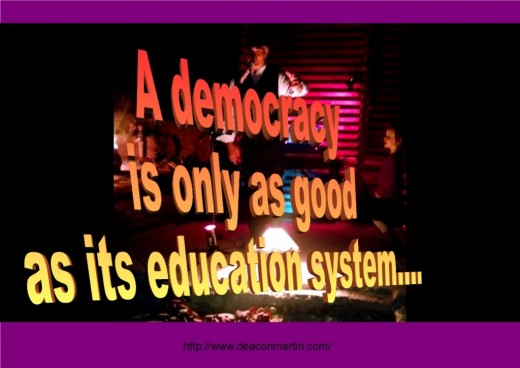
Links
© 2011 Deacon Martin

